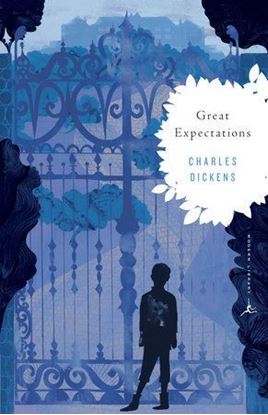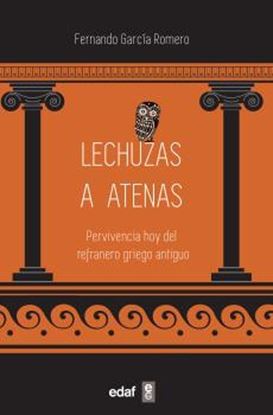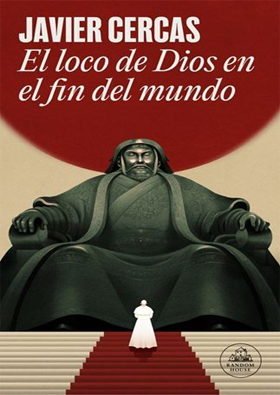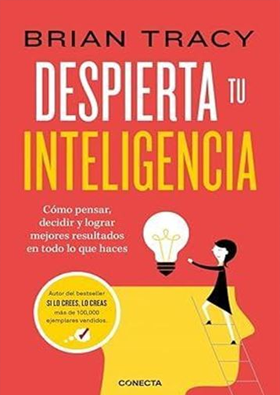

AGNES GREY
Concerned for her family’s financial welfare and eager to expand her own horizons, Agnes Grey takes up the position of governess, the only respectable employment for an unmarried woman in the nineteenth century. Unfortunately, Agnes cannot anticipate the hardship, humiliation, and loneliness that await her in the brutish Bloomfield and haughty Murray households. Drawn from Anne Brontë’s own experiences, Agnes Grey depicts the harsh conditions and class snobbery that governesses were often forced to endure. As Barbara A. Suess writes in her Introduction, “Brontë provides a portrait of the governess that is as sympathetic as her fictional indictment of the shallow, selfish moneyed class is biting.”
800
GREAT EXPECTATIONS (MODERN LIBRARY)
Pip, a poor orphan being raised by a cruel sister, does not have much in the way of great expectations—until he is inexplicably elevated to wealth by an anonymous benefactor. Full of unforgettable characters—including a terrifying convict named Magwitch, the eccentric Miss Havisham, and her beautiful but manipulative niece, Estella, Great Expectations is a tale of intrigue, unattainable love, and all of the happiness money can’t buy. “Great Expectations has the most wonderful and most perfectly worked-out plot for a novel in the English language,” according to John Irving, and J. Hillis Miller declares, “Great Expectations is the most unified and concentrated expression of Dickens’s abiding sense of the world, and Pip might be called the archetypal Dickens hero.”
800
LECHUZAS A ATENAS
En este libro se recogen y comentan refranes y expresiones populares que utilizaban los hablantes de griego de hace dos mil años. Muchos de ellos («poner el colofón», «ser un sibarita», «del árbol caído todos hacen leña», «una golondrina no hace verano», «vista de lince», «lágrimas de cocodrilo» y tantos otros) permanecen vivos todavía hoy en las lenguas modernas, sobreviviendo al paso del tiempo y a los continuos y profundos cambios sociopolíticos, culturales, religiosos y económicos; y su supervivencia en muchas lenguas europeas demuestra que nuestra cultura, por encima de diferencias locales, regionales o nacionales, es fundamentalmente una unidad que hunde sus raíces en la antigüedad grecolatina (e incluso en algún caso podemos remontarnos dos mil años más, hasta los antiguos sumerios y asirios que ya empleaban refranes todavía vivos en nuestras lenguas de hoy).
800











